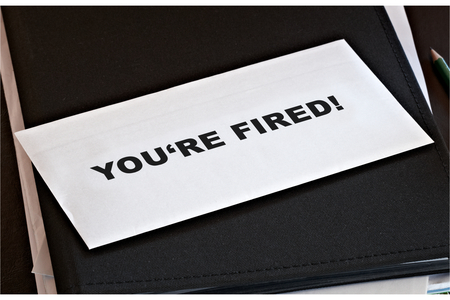Trading Files for Fees
No matter how many clients you may have, it is never pleasant when one of them fires you. It’s even worse, of course, when the client hasn’t paid you, especially if you’re not holding any of the client’s funds against which to claim a charging lien.
But let’s say you’re holding all the client’s documents related to the matter. That might appear to give you the leverage you need to get paid. But it doesn’t necessarily work that easily.
Rule 1.16 (Declining or Terminating Representation) of the ABA Model Rules of Professional Conduct directs a lawyer to, upon termination of representation, “take steps to the extent reasonably practicable to protect a client’s interests,” including “surrendering papers and property to which the client is entitled.” But Rule 1.16 also states that “the lawyer may retain papers relating to the client to the extent permitted by other law.”
Unfortunately, neither the letter of the Model Rule nor the comment to it provide much direct guidance on the issue. (The Model Rules serve as the basis for most state ethics codes for lawyers.) So what do the states say?
The starting point often is whether retaining liens, which allow a lawyer to hold a client’s property until the lawyer’s fee is paid, are permitted in the first place.
Some states have not addressed retaining liens by statute. In an ethics opinion interpreting Hawaii’s Rule 1.16(d), which is identical to the ABA Model Rule, the disciplinary board of the Hawaii Supreme Court stated that, until “retaining liens are explicitly recognized by Hawaii law, a lawyer’s assertion of a retaining lien … would constitute a breach of that lawyer’s ethical obligations.” Opinion 28 (1983, updated 2001).
North Dakota recently acted even more assertively to ban retaining liens. A newly adopted ethics rule states that a “lawyer shall not assert a retaining lien against a client’s files, papers or property,” including electronically stored items.
But courts have indicated that even in states that permit retaining liens a client’s right to papers and other property may supersede the lawyer’s right to payment.
A Lack of Certainty
The courts appear to agree that the lawyer must not have resigned from the representation or been fired for good cause, that the lawyer must have a valid claim to the fees, and that the retaining lien must not result in any serious consequences against the client. Yet, the decisions offer little certainty as to the circumstances under which the client’s right to the papers exceeds the lawyer’s right to use the papers as a vehicle to get paid.
On the question of what constitutes good cause, for instance, the Connecticut Superior Court has held that it is not enough that the client discharged the lawyer because they did not see “eye-to-eye.” Haley v. Johnson, 34 Conn. L. Rptr. 19 (2003).
Courts are split on whether the fees must pertain to the representation for which the lawyer is holding client documents. The Florida Supreme Court held in Daniel Mones v. Smith, 486 So.2d 559 (1986), that the property need not be related to the matter for which the money is owed to the lawyer. More recently, an Oklahoma appellate court reached the opposite conclusion in Britton and Gray v. Shelton, 69 P.3d 1210 (2003).
On the issue of consequences, the Haley court said it is not enough for the client to make “simple bold-faced statements regarding deprivation of due process.” Another court has stated that “the normal incidents of litigation, without more,” are insufficient. Rotker v.Rotker, 761 N.Y.S.2d 787 (N.Y. Sup. 2003). But in Allstate Insurance Co. v. Nandi, 258 F. Supp.2d 309 (S.D.N.Y. 2003), the court said that “papers essential to the defense of a criminal charge, or the client’s indigency” should be released.
The bottom line: A lawyer must be careful to remember that, even when he or she is terminated without getting paid, the client’s rights still are paramount.
Arthur Garwin is professionalism counsel with the ABA Center for Professional Responsibility.



